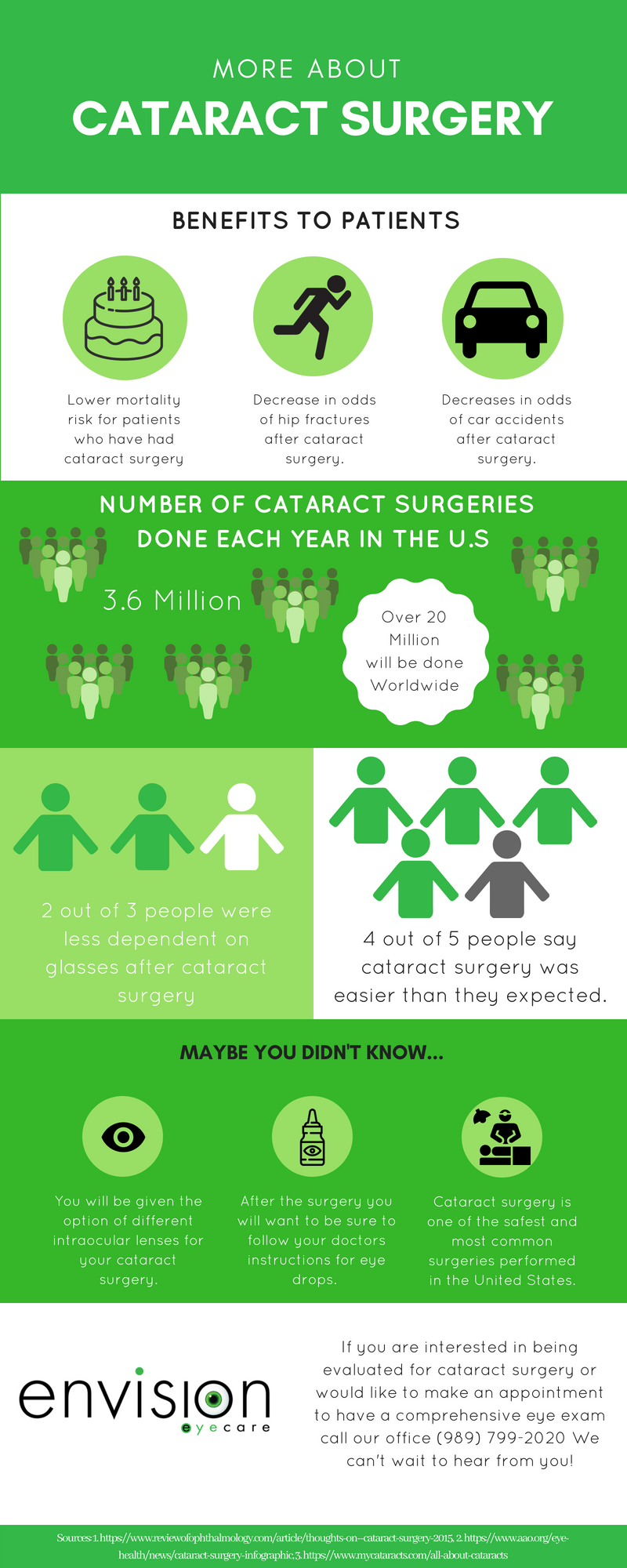Interested In Refractive Lens Exchange? Explore Crucial Details And Responses That May Transform Your Vision Experience
Interested In Refractive Lens Exchange? Explore Crucial Details And Responses That May Transform Your Vision Experience
Blog Article
Post Developed By-Lundqvist Rodgers
If you're taking into consideration refractive lens exchange, you most likely have a lot of concerns. This procedure could alter how you see the world, providing benefits like decreased dependence on glasses. Nonetheless, it's vital to recognize the process, threats, and that certifies as an excellent candidate. Allow's explore these important aspects so you can make an informed decision about whether RLE is right for you.
What Is Refractive Lens Exchange and Just How Does It Work?
Refractive lens exchange (RLE) is an operation made to change your eye's natural lens with an artificial one, correcting vision issues like nearsightedness, farsightedness, or presbyopia.
Throughout the procedure, your surgeon makes a small incision in the eye, eliminates your natural lens, and inserts an intraocular lens (IOL) tailored to your vision requires. This outpatient surgery commonly takes about 15 to half an hour per eye and is performed under local anesthetic.
You'll likely observe improvements in your vision nearly promptly, though full recovery might take a few weeks. RLE is specifically valuable for those over 40 or with high prescriptions, supplying a long-lasting solution compared to glasses or contact lenses.
Your eye treatment specialist can assist identify if RLE is right for you.
What Are the Benefits and Risks of Refractive Lens Exchange?
Choosing refractive lens exchange can result in substantial improvements in your vision, yet it's important to consider both the benefits and threats prior to choosing.
On the plus side, this procedure can improve your eyesight by fixing problems like presbyopia, nearsightedness, and hyperopia. Many patients take pleasure in decreased dependancy on glasses or call lenses, which can significantly improve their quality of life.
Nevertheless, it's vital to think about prospective threats. Cataract Surgery Lens Options Cost can consist of infection, glow, or halos around lights.
There's additionally a chance of overcorrection or undercorrection, which might require extra treatments.
That Is a Suitable Prospect for Refractive Lens Exchange?
If you're considering refractive lens exchange, it is necessary to understand whether you fit the account of an excellent candidate. Usually, you may be a great candidate if you're over 40, experience presbyopia, or have high levels of nearsightedness or farsightedness.
It's likewise essential that your vision is secure, suggesting your prescription hasn't transformed significantly in the past year. If you have cataracts or various other eye conditions, you may gain from this procedure as well.
Nonetheless, particular variables, like uncontrolled diabetes or autoimmune illness, might disqualify you. To identify your candidateship, talk to an eye treatment expert that can assess your certain circumstance and recommend the most effective course of action customized to your requirements.
LASIK Monovision
To conclude, refractive lens exchange can be a transformative option for boosting your vision, especially if you more than 40 or have a high prescription. While the benefits are significant, it's vital to evaluate the dangers and talk to your eye treatment expert to figure out if you're an excellent candidate. With the best information and advice, you can make a notified choice and perhaps delight in a life with minimized reliance on glasses.
